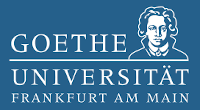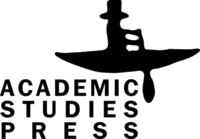Spinoza and Kabbalah: Conflicts, influences, and textual sources
Abstract
Benedict (Baruch) Spinoza (1632–1677) is rightfully considered one of the central figures in the European philosophy of modern times. His contribution to the history of philosophy has been well studied, but much less known is his role in the history of Jewish thought. In this article, examples of Spinoza’s acquaintance with the ideas of Jewish Kabbalah are examined, primarily the similarity of his ideas to the teaching of the Amsterdam Kabbalist Abraham Cohen de Herrera (1570–1635). In some cases, the dependence of Spinoza’s views on Jewish philosophical and kabbalistic concepts seems to be unquestionable. In addition, Spinoza’s connections with various trends of Christian mysticism, his acquaintance with representatives of Millenarian and Messianic movements in Protestantism are analyzed. It becomes obvious that, given the “esoteric context” of the life and work of the great rationalist, we have the opportunity to reassess his philosophical heritage in a new way.












